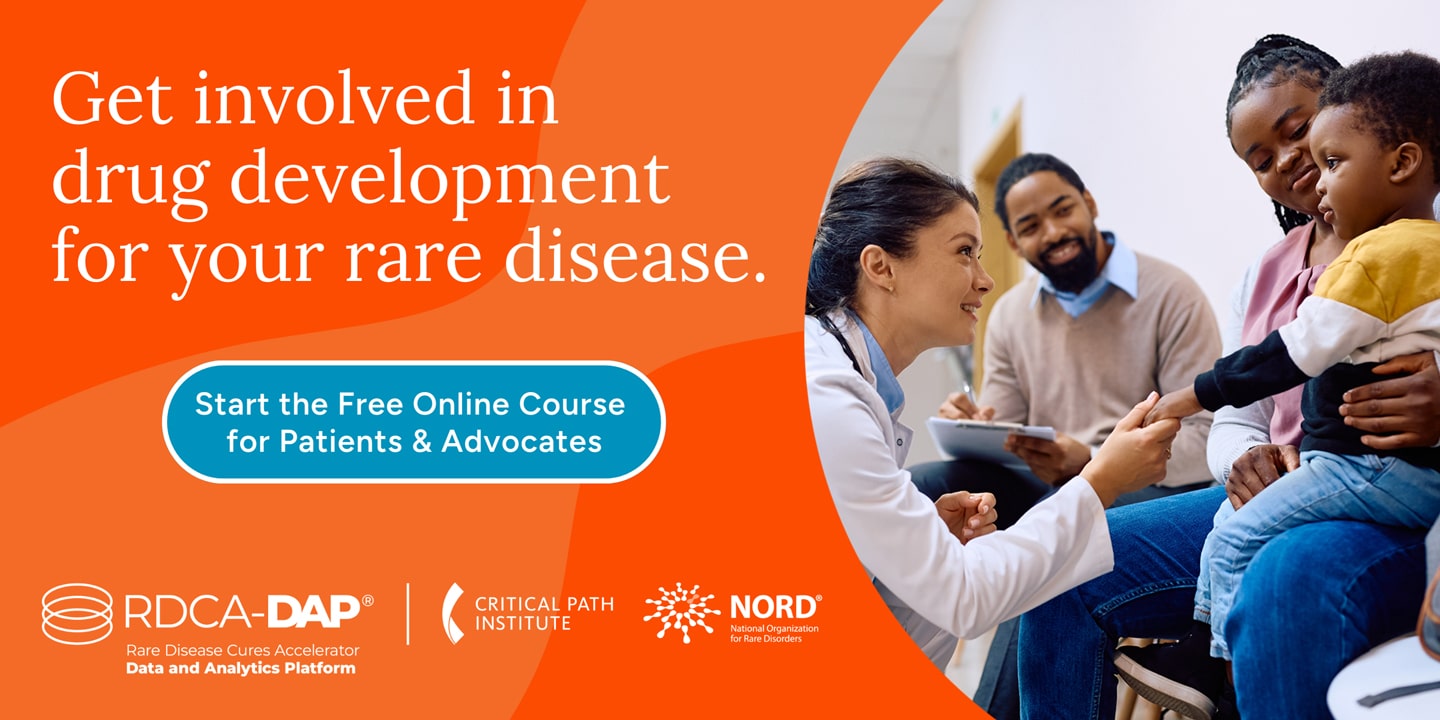After months of debate, Congress passed an omnibus spending bill last week to fund the government through September 30, 2018. Within this legislation, there are both exciting investments in critical programs for the rare disease community as well as disappointing policy omissions from the final package.
For example, we had greatly hoped that the omnibus would include a bipartisan agreement to stabilize the health insurance marketplaces. In the final iteration, however, bipartisan stabilization provisions were excluded.
We are quite disappointed by this and remain concerned by the effect inaction will have on the many rare disease patients who purchase their insurance through the health insurance marketplaces. Due to this inaction, premiums and deductibles will likely rise, and insurance will become more unaffordable. Consequently, we will continue to advocate for proposals to stabilize and strengthen the marketplaces, and we hope Congress will do the same.
In spite of this setback, however, we are elated that several provisions to reinvest in the health and well-being of individuals with rare diseases were included. The National Institutes of Health (NIH) will receive an additional $3 billion in funding this year compared to last year’s funding levels, representing the largest percentage increase in funding for medical research in the NIH’s history. Additional funds were appropriated to efforts to improve and expand newborn screening, one of the most critical programs for diagnosing rare diseases in this country. Finally, programs dealing with rural health, telemedicine in rural areas, and Zika prevention, treatment, and research received additional investments.
We are thankful for those in Congress who fought for our patients and secured these critical investment increases, and we are grateful to the many patient advocates who tirelessly advocate for the NIH and associated health programs for those with rare diseases. We hope to build upon these successes moving forward and continue to improve the lives of the millions of men, women, and children in the United States with rare diseases.
Stay up to date on NORD’s policy and advocacy initiatives.
Sign up for policy updates!



